Tour de l'Avenir 2023
The 'race of the future' sees some of the finest under-23 talents battle it out in a mini Tour de France in a race known for identifying future talent
Updated: August 18, 2023
Tour de l'Avenir 2023 overview
For under-23 cyclists, the Tour de l’Avenir is the biggest race of the entire season and their best chance of attracting the eyes of WorldTour talent scouts. Meaning literally 'the tour of the future', this race has launched the career of many big names, with Grand Tour winners Tadej Pogačar, Egan Bernal and Nairo Quintana all standing on its top step in recent years.
The race is, in many ways, a mini Tour de France and features everything from pan-flat sprint stages to cloud-topping summit finishes and testing time trials. Ride well here and not only will a rider guarantee themselves a big contract for the following season, but they’ll also destine themselves for future greatness in races like the Tour de France, Giro d’Italia and Vuelta a España.
Tour de l'Avenir 2023 key information
All the important details you need to know about this year's Tour de l'Avenir.
Dates: August 20-27, 2023
Country: France
Category: 2.Ncup (U23 Nations Cup)
Editions: 58 (as of 2022)
First winner: Guido De Rosso
Most recent winner: Cian Uijtdebroeks
Tour de l'Avenir 2023 route
This year's Tour de l'Avenir starts in Brittany, before traversing south-east across France, through the Massif Central and towards the Alps for the race-defining final weekend. The Queen stage will come on stage 6 as the riders take on the Col de la Loze, one of the hardest climbs featured in the Tour de France in recent years and a big test for the under-23 riders.
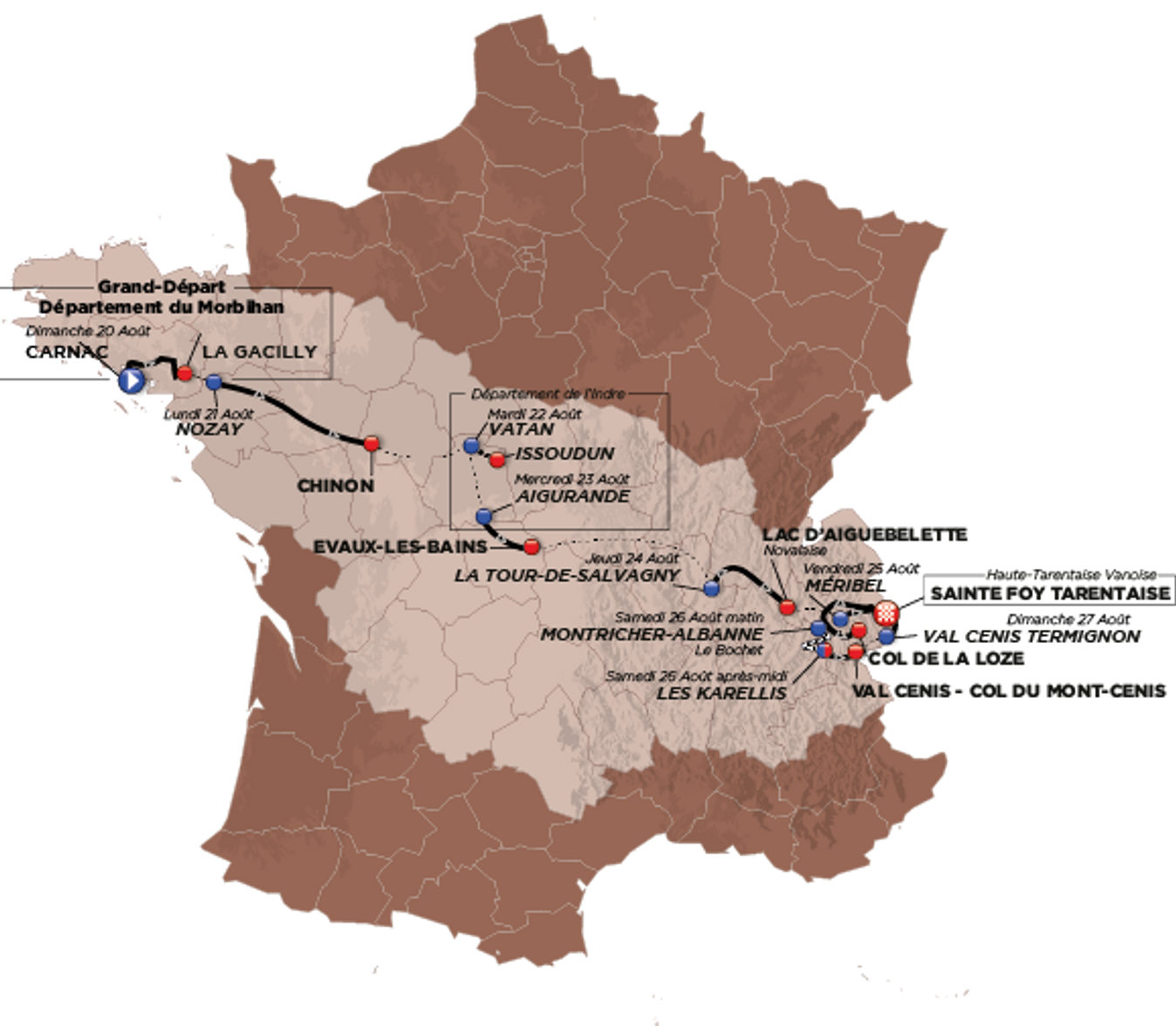
© VeloViewer
Tour de l'Avenir 2023 route map
Tour de l'Avenir 2023 teams
The Tour de l'Avenir is raced in national teams, rather than trade teams, plus occasionally regional teams from France. Twenty seven squads are lining up for this year's race, from big cycling nations like Italy and Belgium, to growing teams like Japan and Mexico.
- Belgium
- Australia
- Austria
- Canada
- Colombia
- Czech Republic
- Denmark
- Spain
- France
- Great Britain
- Germany
- Ireland
- Israel
- Italy
- Japan
- Kazakhstan
- Luxembourg
- Mexico
- Netherlands
- Norway
- Poland
- Portugal
- Slovenia
- Switzerland
- United States
- UCI World Cycling Centre
- Auvergne-Rhône Alpes
What happened in the 2022 Tour de l'Avenir?
The 2023 Tour de l'Avenir was won by Belgium's Cian Uijtdebroeks, who rides for Bora-hansgrohe. He became the first Belgian winner in 12 years, and is a rare example of a GC rider from the nation that tends to produce Classics specialists and sprinters.
Uijtdebroeks stayed consistent and safe through the early sprint stages, but really showed off his talent on the final weekend, winning back-to-back mountain stages to steal the lead from Michel Hessmann (Germany) who would go on to finish third, behind Norway's Johannes Staune-Mittet.
Tour de l'Avenir race history
The Tour de l'Avenir was created back in 1961 by Jacques Marchand, editor of the popular French sports newspaper, L'Équipe. The premise of the race was to invite talented amateur riders, known as independents, that weren’t able to ride the Tour de France. This amateur-only premise did work, for a time, but it wasn’t long until the race started to open itself up to pro riders in 1981. In 1992 the entry requirements were restricted again, this time only allowing riders under 25 years of age to participate. This was then cut again in 2007 to riders under 23 years of age, creating the Tour de l’Avenir as we know it today.
Throughout its 60-year history, the race has traversed much of the same ground as the Tour de France and replicated many of the same iconic finishes that the elite riders race on just a few months prior. In recent years the Tour de l’Avenir has spanned anywhere between seven and ten stages, with several rolling stages and a time trial thrown into the first half of the race, before a series of gruelling mountain stages in the French Alps bring an end to the race in the final few days.
The mountains that feature in these stages are the same that also appear in the Tour de France earlier in the year. In the last few editions alone, climbs like the Col du Glandon, Grand Colombier and the Col de la Madeleine have all featured and catalysed some pretty epic GC battles.
The Tour de l’Avenir has been catapulting young riders to super stardom ever since it was first ridden back in 1961. Several Tour de France winners, like Felice Gimondi, Joop Zoetemelk, Greg LeMond, Miguel Indurain, Laurent Fignon, Egan Bernal and - most recently - Tadej Pogačar, are all testament to this. Each one of these riders won the Tour de l’Avenir before going on to win their respective Tour de France titles.
Explore the tabs above to find out more about the route and start list of this year's race, as well as the results and standings.
Latest News
1Archie Ryan kicks knee injuries and finds his home at EF Education-EasyPost
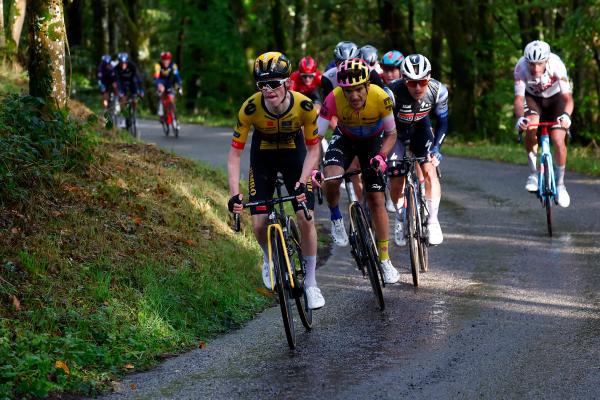
2Matthew Riccitello: Learning lessons and gaining confidence as America’s next best thing
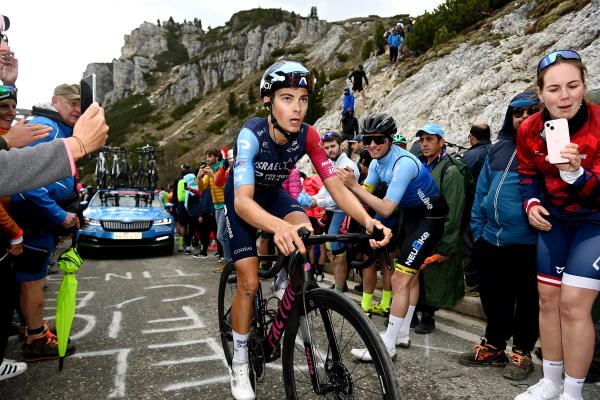
3Keeping Cian Uijtdebroeks a 'goal' for Bora-Hansgrohe but future remains unclear
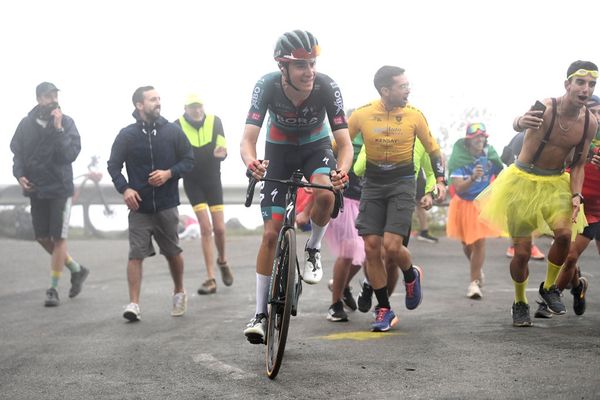
4Isaac del Toro: from anonymity to the top of the sport
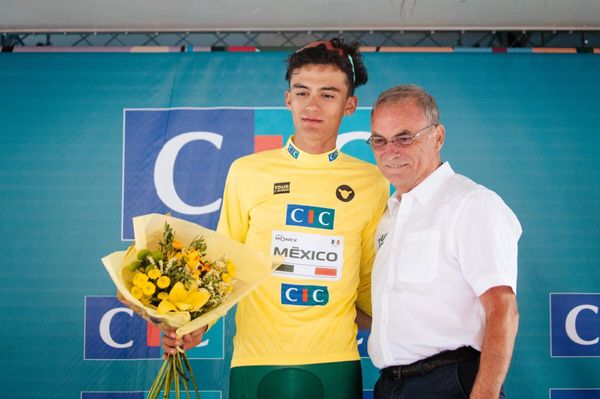
5The week that was on the GCN Racing News Show

Major Races
See All
29 Jun - 21 Jul |  Tour de France | 2.UWT |
12 Aug - 18 Aug |  Tour de France Femmes | 2.WWT |
4 May - 26 May |  Giro d'Italia | 2.UWT |
28 Apr - 5 May |  Vuelta España Femenina | 2.WWT |
Provided by FirstCycling

.jpg?w=600&auto=format)